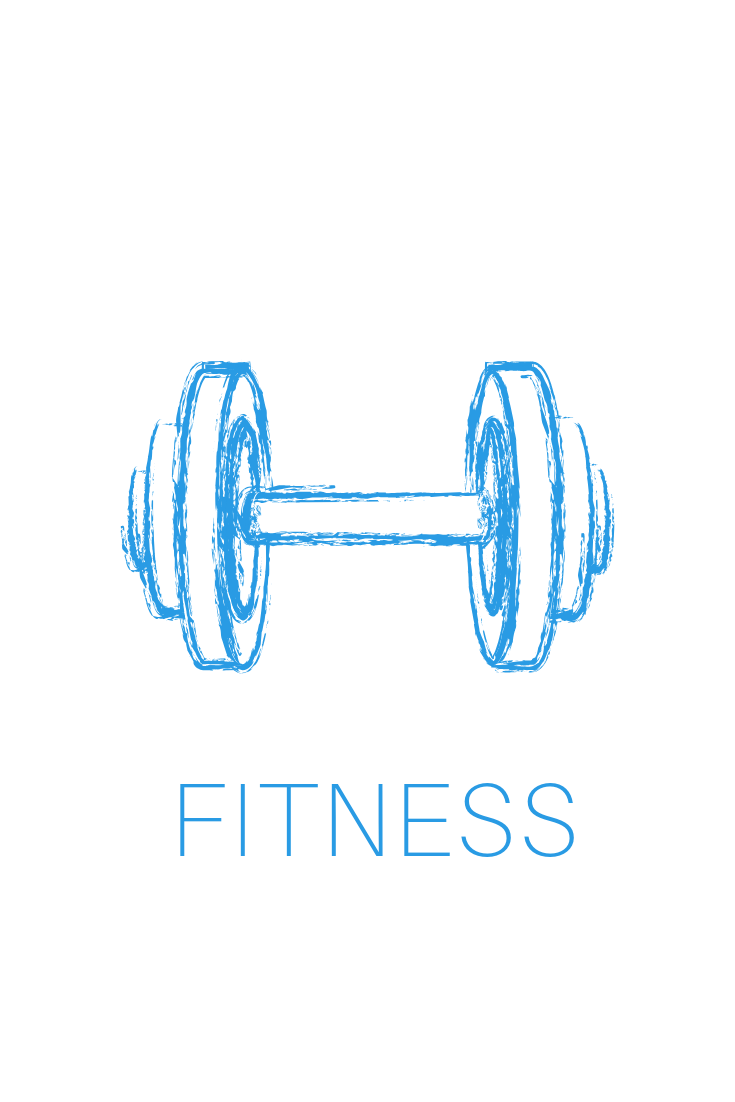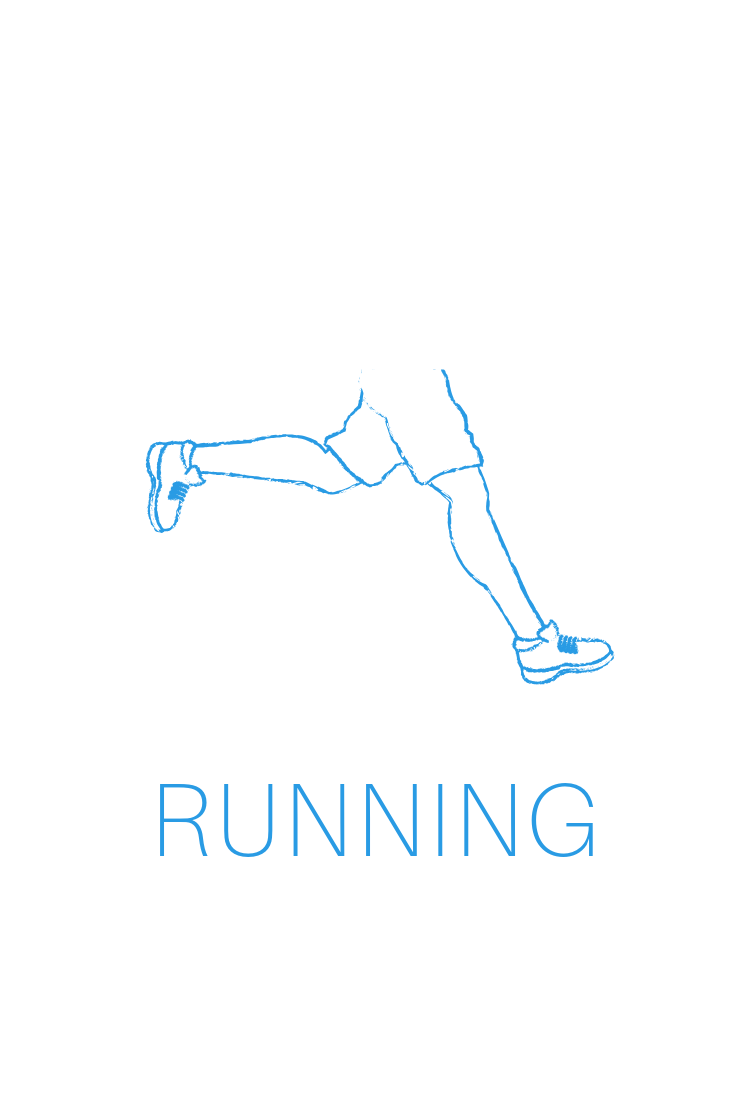How To Reduce Stress Fast
Stress creates a physical reaction in our body that’s designed to keep us safe. How we respond to and manage that stress is instrumental in contributing to our long-term health.
Stress is a necessary, essential part of life. It helps keep us safe by assisting us to either avoid or remove ourselves from dangerous situations. When managed sensibly and responded to appropriately, stress also increases both our physical and mental resilience.
When we exercise, we are essentially aiming to place our body under stress in order to invoke a physical response that will make us stronger. For example, lifting heavy weights places strain on our muscles, forcing them to increase in size and strength. Running places stress on our cardiovascular system, forcing our heart and lungs to become stronger. This type of stress, when managed sensibly, is good for our health.
Just as we need to place our body under stress, exposing ourselves to mental stress can be healthy. Challenging ourselves with difficult problems, or placing ourselves in unknown situations, is an essential and effective way to become stronger mentally and emotionally. However, if we are placed under too much mental and emotional stress for a prolonged period of time, of course it can be harmful. Even more of a concern is the way we respond to mental stress as it can be counter-productive to what our body needs.
When we are placed under stress, there is a physical reaction in our body that prepares it for the task at hand. As stress levels rise, our brain tells our body there is a threat ahead and prepares it accordingly:
Adrenaline and cortisol hormones are released
Heart rate increases
Blood vessels restrict to increase blood pressure for quicker blood movement
Blood sugar and blood lipids increase for more energy to move
Breathing rate increases in order to quickly exchange oxygen and carbon dioxide
Circulation to our gut decreases (because digestion is an energy intensive process that we don’t have time for right now)
Immune function increases for about an hour to help block infection from any wounds we might incur, but then it drops off to below normal
Reproduction function diminishes because, well, let’s just say now is not the time to get busy
The physical response outlined above makes complete sense if we needed to run from a lion, or fight to the death against the neighbouring tribe. Or, closer to home, I’m sure we’ve all experienced or heard about those moments when a person is faced with a physical threat and responds in a manner they could never have performed in “normal” life (my uncle once hurdled a six foot high fence in order to escape from an angry dog). Our body is incredibly clever in preparing to do what it needs to do to avoid imminent danger.
Unfortunately, our body doesn’t differentiate between physical or mental stress. This means that the physiological response that occurs to allow us to run away from a lion, also occurs when we’re sitting at our desk reading a stressful email. However, our physical reaction is completely different.
Let’s use an example that many of us can relate to at this particular moment in time. You’re sitting at your desk working frantically on a project with a looming deadline. Your 12-year-old is yelling at you from their school desk (i.e. the kitchen table) because they can’t work out how to answer their maths question. Then your phone rings and it’s an important client you have been waiting to hear from and you just have to take it. The stress levels are rising and your brain is telling your body that there is a threat ahead - and prepares it accordingly.
Our blood pressure increases, we sit and stress. Our blood sugar spikes, our shoulders hunch further forwards, we sit and stress. Our heart begins to race, and we continue to sit and stress, tensing up more and more. We might head into the kitchen to find a sugary snack or a glass of wine, then head back to the chair to sit and stress.
And yet our body is telling us this whole time to run! Run away from the danger! Sprint as fast as possible to avoid the attack! And so that is exactly what we should do. Get up and move. Run, jump, yell, sing, dance … do something physical, using the energy our body has given us to prepare for our time of danger. It doesn’t need to last long, just jump up and move, fast!
Now I realise that when you sit back down at your desk, the email or work project or distressed child will all still be there waiting for you. However, by responding in a physical manner, we used up some of the energy our body had ready for us, we distracted our brain from the imminent danger, and have taken a moment to tell our body that we are now safe. It is incredible how powerful this can be - just a few minutes of jumping around the room or doing a few push-ups as fast as we can can reset the body and mind. And the best thing is, there is no harm in giving it a try. Now most of us are working from home, the only people who’ll see us are our family - and they already know we are a little mad!
“Dance like a toddler. They don’t even care if there’s music.”
By Angie Black
ANGIE BLACK
BLOG CATERGORIES:







